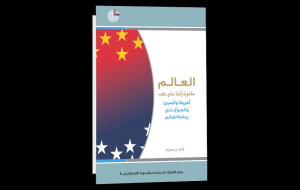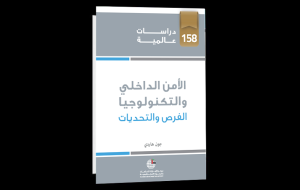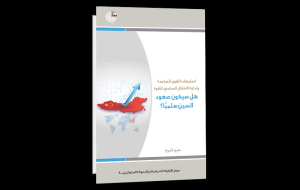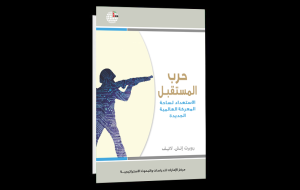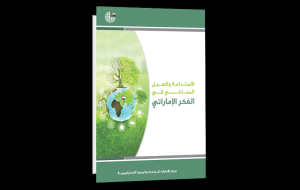The concept of ‘hybrid warfare’, although coined almost two decades ago, only gained traction within academic circles after it was adopted and adapted by NATO in 2014, prompting a notable surge in research interest. As scholars began to base their analysis on NATO’s understanding of the concept, the prevailing view was that this interpretation explained Russian actions, as political assumptions were imported into academic discourse. The fashionable usage of the term led to ‘bandwagoning’, and superficial engagement with both the concept and the phenomenon it was applied to. This study aims to examine the process around this conceptual development, and the wider implications for the field of Strategic Studies.
Developed around 2007 by the US Marine Corps, the concept of hybrid warfare took on greater significance internationally when NATO applied it to Russia’s annexation of Crimea and involvement in the civil war in Eastern Ukraine in 2014. Since then, the concept has become a consistent feature in the writings and discussions of academics and specialists focused on Russia and the future of warfare. However, as the concept became more prolific, its meaning became increasingly ambiguous, and for academics using the term today, there is a need to first clarify its contextual development, taking into account the changes that have shaped its meaning and implications.
While the idea remains prevalent amongst academics and specialists in political and military affairs, its popularity is in decline and it is increasingly critiqued. Some may link this decline to the initiation of Russia’s war against Ukraine; as hybrid warfare tends to relate to non-military elements of conflict, it now seems less relevant in capturing Russia’s approach to war (despite the fact its actions in Ukraine from 2014 to 2021 were considered the prototype of ‘hybrid warfare’). However, its decline in influence began earlier, and can be explained to a significant degree by its internal dynamics.
The concept of hybrid warfare can be considered a fashion – a powerful and wide-reaching, yet transitory phenomenon. While it may never completely vanish from academic debates, it has lost much of its power and appeal. Yet, this does not mean we should move on and forget about this episode. Rather, the intense embrace of an arguably flawed concept should encourage us to reflect more generally on concept formation and use in Strategic Studies. Understanding why this concept became so popular, and how this popularity has affected research, might allow us to draw broader conclusions on the value and role of concepts in the field. The case of hybrid warfare is especially useful in understanding the timing of a concept’s popularity; even though it was coined around 2007, academics had little interest in it before 2014. Yet, after NATO used the concept to narrate Russia’s actions in Ukraine, references to the term increased exponentially. Almost overnight, hybrid warfare became the way to refer to Russia’s actions in Ukraine and its foreign policy more generally. It also served as a departure point for speculation on scenarios of potential Russian interventions elsewhere and the future of warfare.
This study focuses on the moment in 2014 when hybrid warfare became fashionable, and the effects of that development. It begins by outlining a definition of what is meant by ‘fashionable concepts’, and why they are worthy of investigation. The second section discusses the origins of hybrid warfare as a concept, and NATO’s 2014 adaptation. The third section looks in detail at how this reconceptualization affected academic research, in journal articles published from 2014 to 2021. It argues that the fashionable use of hybrid warfare led to the politicization of academic research and discouraged in-depth engagement with both the concept and the phenomenon it was applied to. Importantly, this section shows how the concept itself gained momentum and influence, as the lens of popularity allows us to understand the widespread use of an idea based on internal dynamics. The final section reflects on the wider implications of this argument, for concept formation and the way concepts are used in Strategic Studies more generally.
Author: Chiara Libiseller
Publisher of the Arabic Version: Emirates Center for Strategic Studies and Research
Date of Publication: 2022
About the Author:
Chiara Libiseller is a lecturer at Leiden University in the Netherlands, and Deputy Editor of the Journal of Strategic Studies. She graduated with a PhD from the War Studies Department at King’s College, London.



